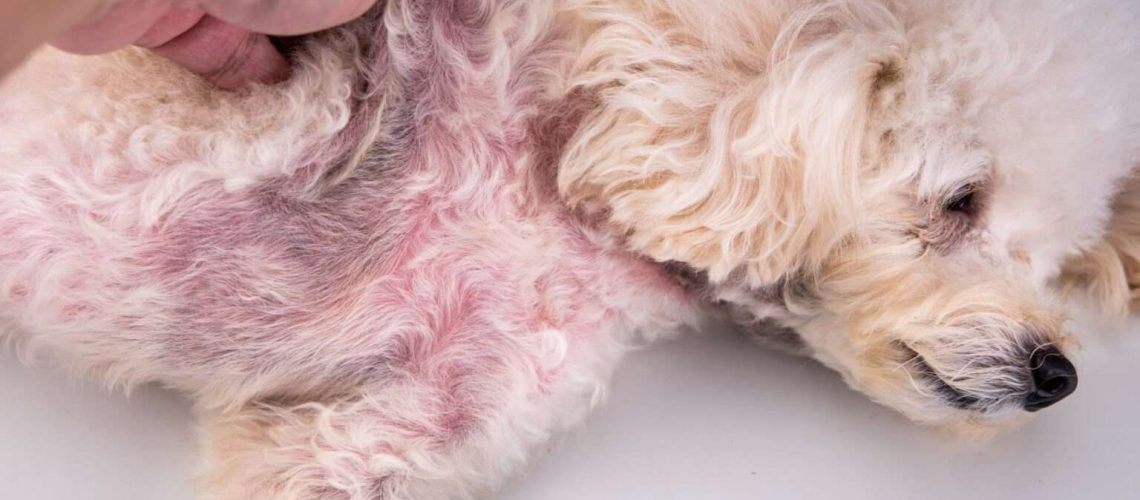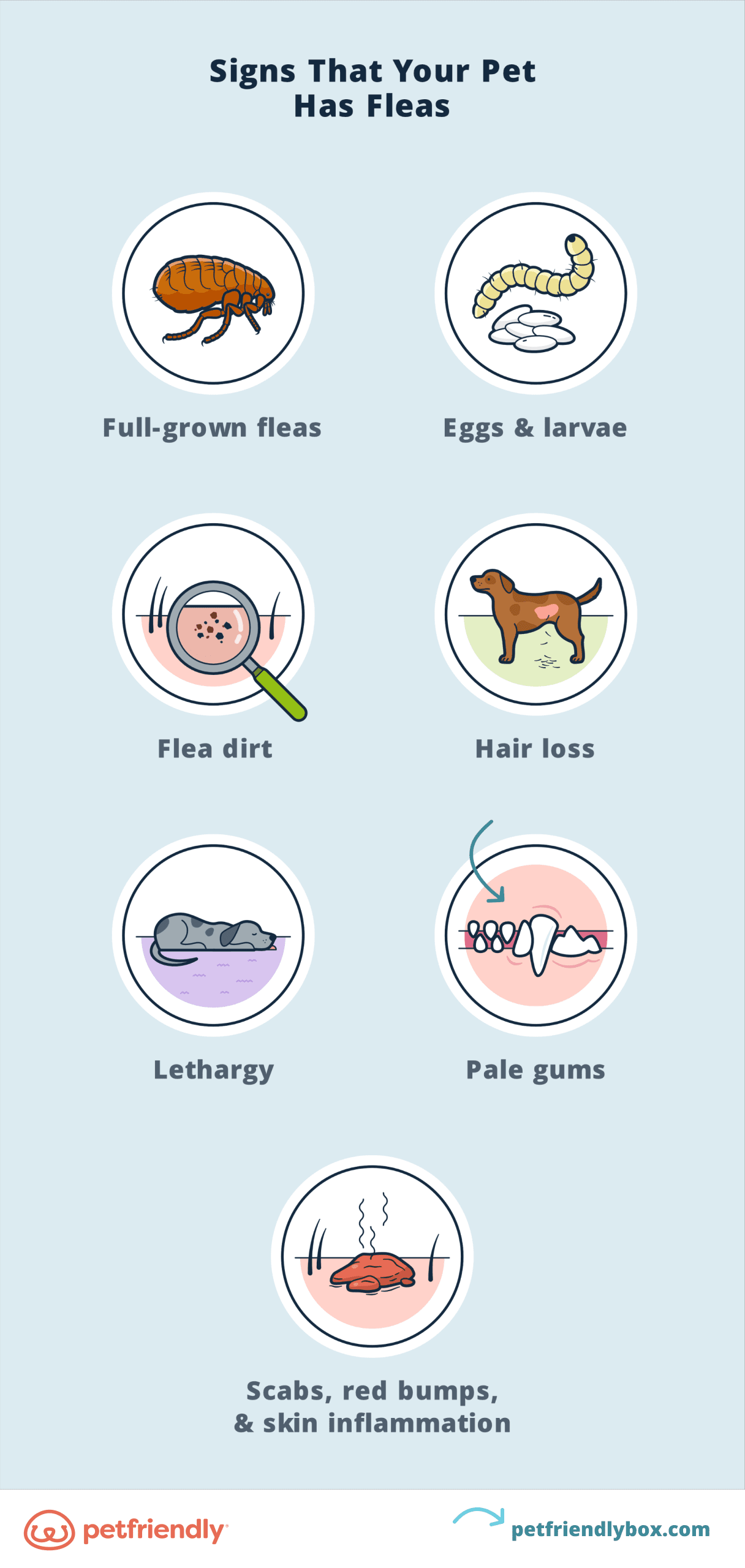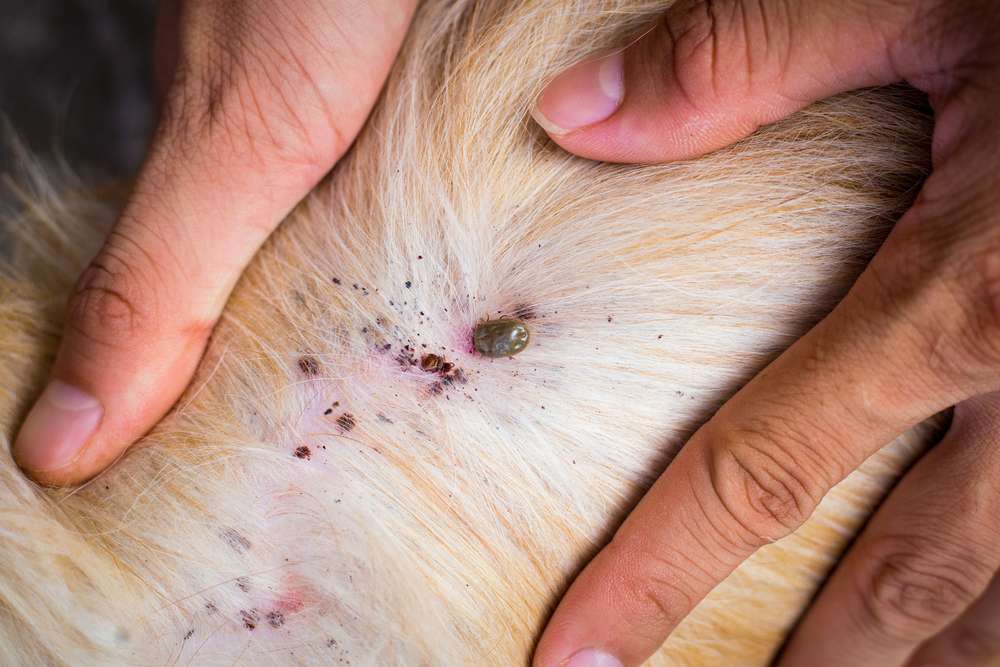Key Takeaways:
- Regular grooming and bathing can help prevent skin irritation in dogs.
- Dogs with allergies are more prone to developing skin irritation, so it's important to identify and manage their triggers.
- Avoid using harsh chemicals or human products on your dog's skin, as they can cause irritation.
- Fleas and ticks can also lead to skin irritation in dogs, so regular parasite prevention is essential.
- If you notice any signs of skin irritation in your dog, such as itching, redness, or hair loss, consult a veterinarian for proper diagnosis and treatment.
Do you ever wonder why your furry friend can't stop scratching? Or maybe you've noticed red patches on their skin that just won't go away. If you're a dog owner, understanding skin irritation in dogs is essential to ensuring their health and happiness. With over 50% of dogs experiencing some form of skin irritation in their lifetime, it's a topic that shouldn't be overlooked. In this article, we'll explore the causes, symptoms, and treatments for skin irritation in dogs, so you can provide the relief your beloved pet deserves. Get ready to say goodbye to itchiness and hello to a happy pup!
Causes of Skin Irritation in Dogs
Allergies
Dogs can develop skin irritation due to allergies. Just like humans, dogs can be allergic to certain substances such as pollen, dust mites, or certain foods. When a dog comes into contact with an allergen, their immune system reacts and releases histamines, which can cause itching and redness. Common signs of allergies in dogs include excessive scratching, licking, and biting at their skin.
To help alleviate your dog's skin irritation caused by allergies, it's important to identify the allergen and try to minimize their exposure to it. This may involve keeping your dog indoors during peak pollen seasons or switching them to a hypoallergenic diet. If the skin irritation persists or worsens despite these measures, it's best to consult with a veterinarian for further evaluation and treatment options.
Parasites
Another common cause of skin irritation in dogs is parasitic infestations. Fleas, ticks, mites, and lice can all cause intense itching and discomfort for dogs. These parasites feed on the dog's blood or burrow into their skin, leading to inflammation and irritation.
To determine if parasites are causing your dog's skin issues, carefully examine their fur for any signs of fleas or ticks. You may also notice small red bumps or scabs on their skin. It's essential to regularly use preventive measures such as flea and tick medications to protect your dog from these pests. If you suspect a parasitic infestation, consult with your veterinarian for appropriate treatment options.
Recognizing Skin Irritation in Dogs
Visible Signs
Recognizing skin irritation in dogs involves observing visible signs that indicate discomfort or inflammation on their skin. These signs may include redness, rashes, bumps, scabs, or hot spots. You may also notice your dog constantly scratching, licking, or biting at certain areas of their body. Pay close attention to any changes in your dog's behavior or appearance to identify potential skin irritation.
Changes in Coat and Skin Texture
In addition to visible signs, changes in your dog's coat and skin texture can also indicate skin irritation. If you notice excessive shedding, dryness, flakiness, or oily patches on their skin, it may be a sign of an underlying issue. Some dogs may develop bald patches or thinning hair due to constant scratching or rubbing against surfaces to relieve the itchiness.
Regularly grooming your dog and checking their coat and skin for any abnormalities can help you catch potential skin irritation early on. If you notice any concerning changes in your dog's coat or skin texture, it's best to consult with a veterinarian for proper diagnosis and treatment.
Home Remedies to Soothe Your Dog's Irritated Skin
1. Oatmeal Bath
If your dog has irritated skin, an oatmeal bath can help soothe the discomfort. To prepare the bath, grind plain oatmeal into a fine powder and mix it with warm water until it forms a paste-like consistency. Gently apply the mixture to your dog's skin, focusing on the affected areas. Leave it on for about 10 minutes before rinsing thoroughly.
2. Coconut Oil Massage
Coconut oil is known for its moisturizing properties and can provide relief to your dog's irritated skin. Simply warm up some coconut oil and massage it gently onto your dog's skin. This will not only help soothe any itching or redness but also promote healthier skin overall.
When to Seek Veterinary Care for Dog's Skin Irritation
If your dog's skin irritation persists or worsens despite home remedies, it is important to seek veterinary care. Additionally, if you notice any of the following symptoms, it is recommended to consult a veterinarian:
- Persistent scratching or biting at the affected area
- Bleeding or oozing from the irritated skin
- Hair loss or bald patches
- Foul odor coming from the affected area
Food and Allergies: Possible Causes of Dog's Skin Irritation
Dog's skin irritation can sometimes be caused by food allergies. Common allergens include beef, chicken, dairy products, wheat, and soy. If you suspect that your dog's diet may be contributing to their skin issues, consider switching them to a hypoallergenic or limited ingredient diet. This can help identify and eliminate potential allergens from their food, reducing the chances of skin irritation.
In addition to food allergies, environmental factors such as pollen, dust mites, and certain cleaning products can also trigger skin irritation in dogs. Keeping your dog's environment clean and minimizing exposure to potential allergens can help alleviate their symptoms.
Treatments for Dog's Skin Irritation: Common Options
1. Medicated Shampoos
Medicated shampoos specifically formulated for dogs with skin irritations can provide relief. These shampoos often contain ingredients like hydrocortisone or antifungal agents that help reduce inflammation and combat underlying causes of irritation.
2. Topical Creams or Sprays
Topical creams or sprays can be applied directly to the affected areas to soothe itching and promote healing. Some may contain ingredients like aloe vera or chamomile, known for their calming properties.
3. Oral Medications
In more severe cases, oral medications prescribed by a veterinarian may be necessary to address the underlying cause of the skin irritation. These medications can include antihistamines, antibiotics, or steroids.
Overall, it is essential to observe your dog's behavior closely and take appropriate action if you notice any signs of skin irritation. While home remedies can provide temporary relief, consulting a veterinarian is crucial for proper diagnosis and treatment options tailored to your dog's specific needs.
In conclusion, skin irritation in dogs is a common issue that can be caused by various factors such as allergies, parasites, or infections. It is important for dog owners to recognize the signs of skin irritation and seek veterinary care to provide relief and prevent further complications.
What can I put on my dog's skin irritation?
Baking soda is a versatile ingredient that can be found in many kitchens and has various uses, including soothing itchy skin. To alleviate your dog's itchy patches, create a thick paste by mixing baking soda with water. Apply the paste to the affected areas and let it sit for approximately 20 minutes before washing it off.
What does a skin irritation look like on a dog?
What are the visual characteristics of a rash on a dog? Rashes on dogs can manifest as red, raised, irritated areas or as welts. It may also result in hair loss or the development of hot spots, which are areas of inflamed and oozing skin.
What human cream can I put on my dogs rash?
Hydrocortisone cream is generally safe to use on dogs and can be effective in treating mild rashes, itchy skin, and insect bites, similar to its use in humans.
Can I put Neosporin on my dog?
Neosporin is typically safe for dogs, but excessive ingestion can cause illness. Alternatively, you can use wound care ointments and medicated wipes designed for pets to prevent infection. If your dog's wound continues to bleed and requires a bandage, it is recommended to consult a veterinarian.
When should I take my dog to the vet for skin irritation?
If your dog has red patches of skin or appears to have a skin infection, it is important to take them to a veterinarian or emergency vet for treatment. This will allow your pet to receive the necessary care and for the affected areas of the skin to begin to heal.
What does fungal dermatitis look like on dogs?
Symptoms of skin issues include flaky, crusty, or scaly skin, as well as thickened or "elephant" skin. These symptoms can also lead to ear infections.

















